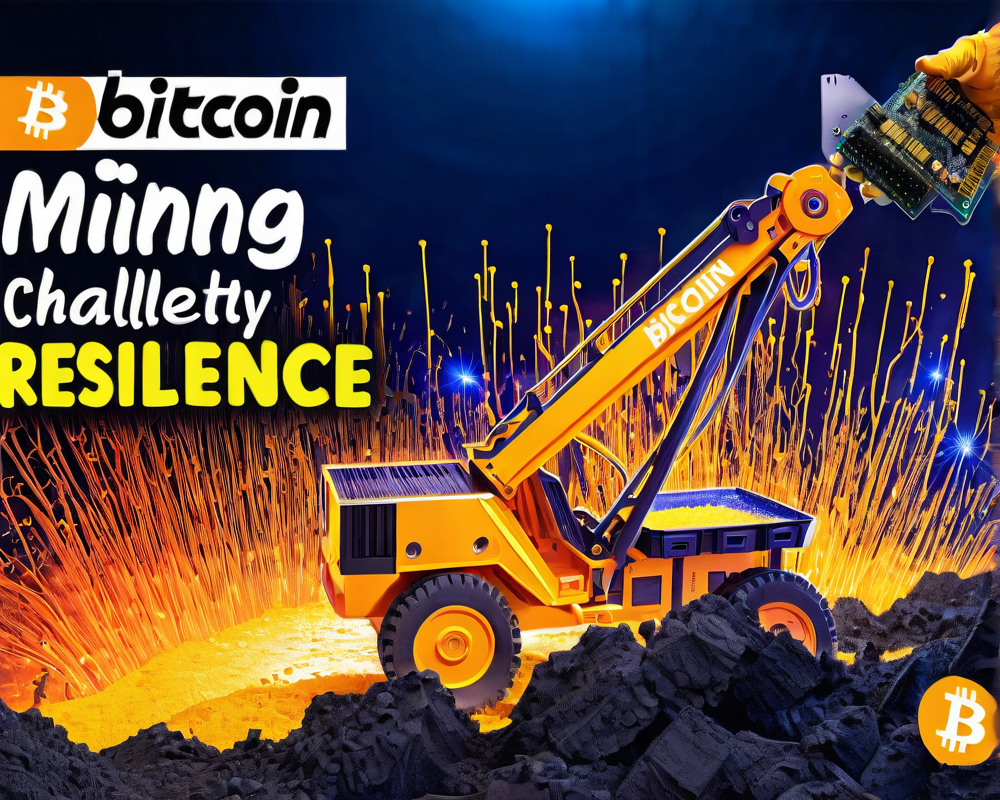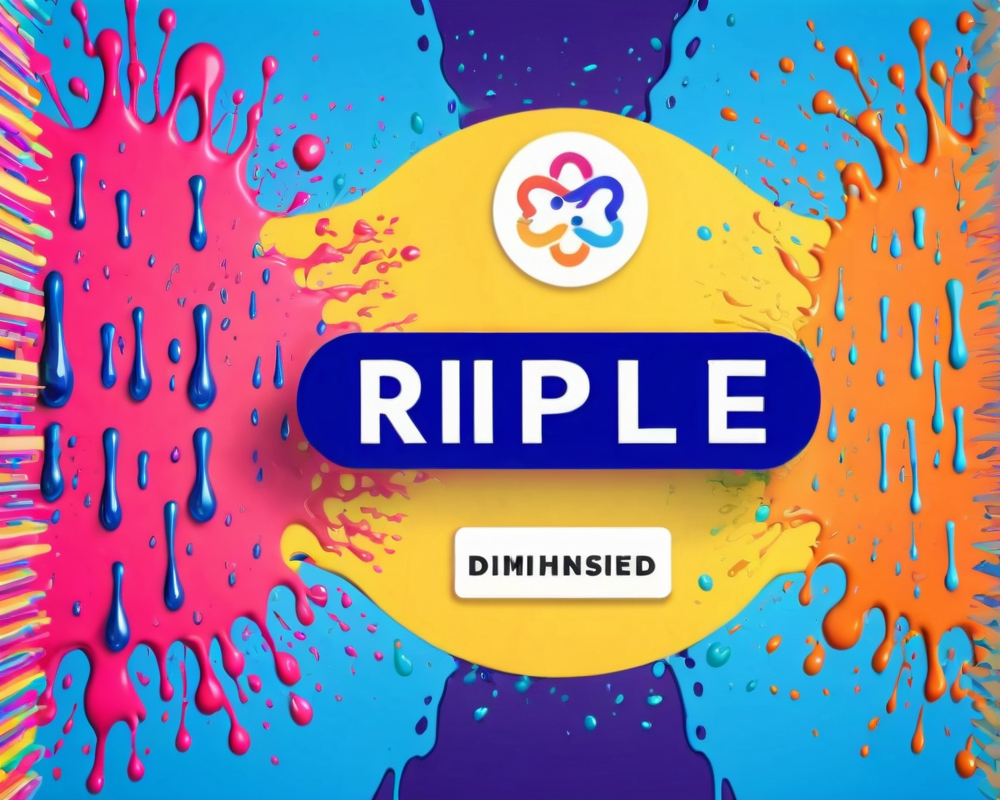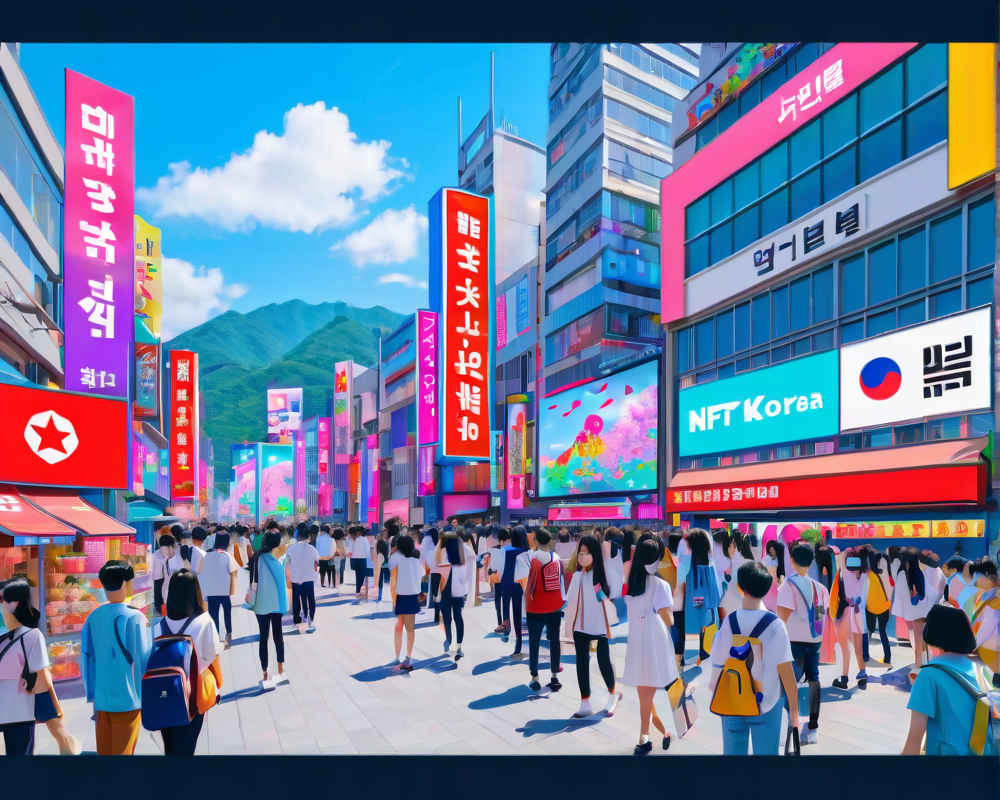The Illusion of Decentralization in DAOs
Decentralized Autonomous Organizations (DAOs) have positioned themselves as the future of organizational governance, promising a system where decisions belong to the people. But scratch the surface, and you might find a few core members still calling the shots. Uniswap is a prime example: while claiming to be decentralized, the reality is that a handful of individuals still steer the ship on most decisions. So, are we really as decentralized as we claim to be?
The Democratic Paradox
To put this into context, think about how democratic nations function. Ideologically, decisions are made by the populace, yet in practice, a select few powerful individuals often hold the reins. Similarly, in DAOs, community members can vote, but just like a board of directors, a centralized group often has the most power. Just as shareholders entrust their directors, DAO participants rely on a core group to make quick and informed decisions.
Benefits of Flat Structures
One of the standout features of DAOs is their streamlined decision-making process. Unlike traditional organizations where proposals must jump through managerial hoops, in a DAO, everyone has a voice. Community members can pitch ideas directly, reflecting a more egalitarian approach. However, this structure also begs the question: does a lack of hierarchy undermine accountability?
The Struggle for Full Autonomy
Despite the ideal of complete autonomy, DAOs struggle to achieve their goals. Why? Well, for starters, too much freedom can lead to chaos. When accountability is spread across an entire community, the decision-making process can become sluggish, and teams may be hesitant to implement changes without a clear consensus. This tension can hinder growth and innovation.
Trust Issues Within the Community
In many early-stage startups, a small team of decision-makers usually speeds things up. Founders rely on a tight-knit group to make quick choices, understanding that even one bad call can sink the ship. In contrast, DAOs emphasize community involvement, which can create a trust vacuum. Without stringent admission processes, it becomes difficult for founding members to have faith in every participant’s intentions.
Decentralization: A Gradual Process
If the guiding principle of DAOs is to equip communities to make collective decisions, our approach must be gradual. Complete decentralization might not be feasible overnight. Hence, some form of governance structure—like a council—can help safeguard core principles. Successful DAOs have adopted varying degrees of gatekeeping, carefully filtering proposals before they reach the implementation stage.
Gatekeeping Practices from Successful DAOs
- Uniswap: Governance proposals undergo multiple execution phases, ensuring that elected users can pause potentially malicious initiatives.
- MakerDAO: Open to all, this community allows off-chain voting while rigorously scrutinizing proposals.




